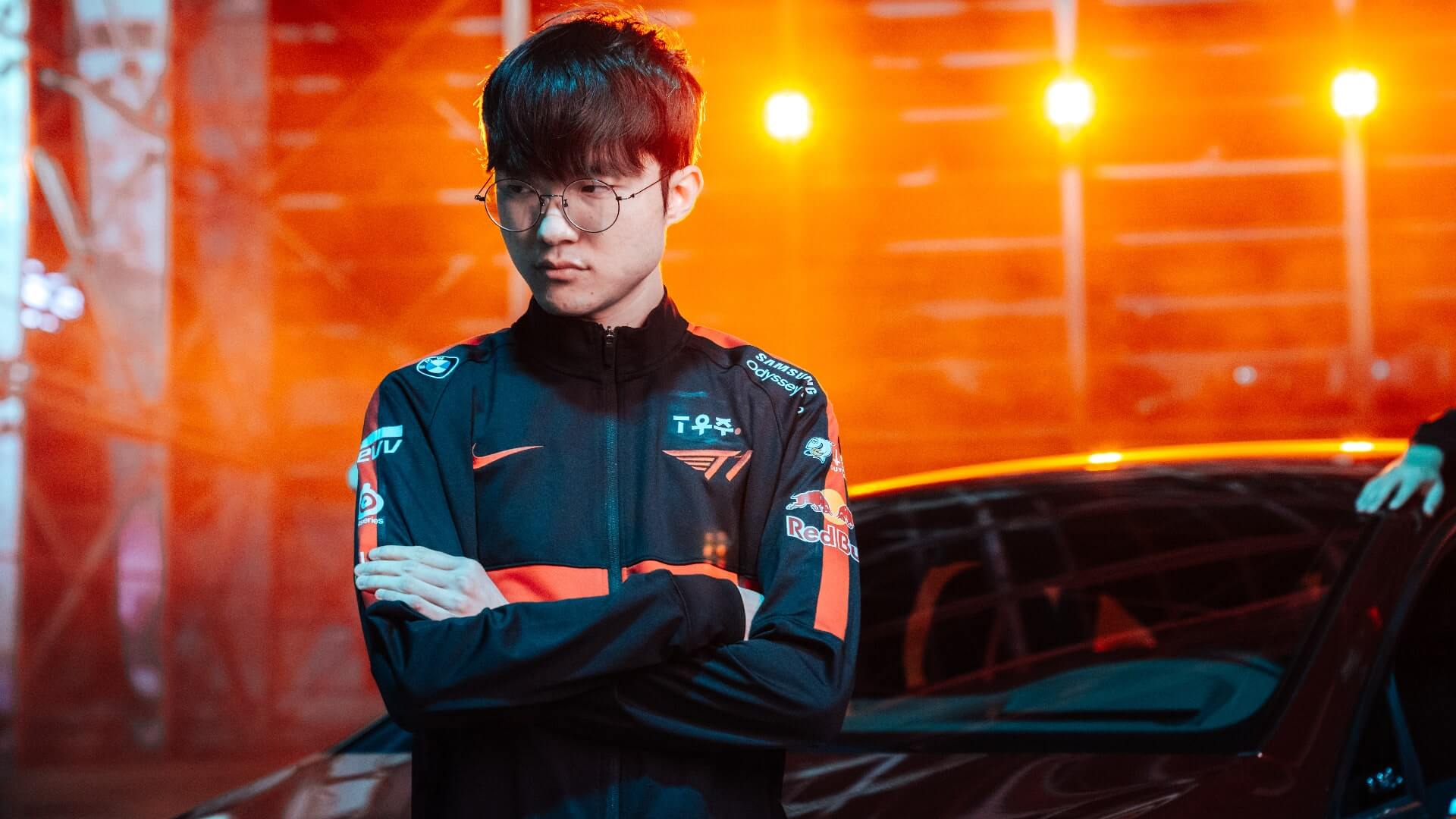In a recent LCK match, T1 faced a tough loss against Gen.G, but it wasn’t just the defeat that caught the community’s attention. What truly resonated with fans and players alike was the reaction of Faker, the most iconic figure in League of Legends history.
This moment has sparked a much-needed conversation about the importance of mental health in the high-pressure world of esports.
The Pressure of Being the Best
Faker, often referred to as the “Demon King,” has long been the face of competitive League of Legends. His name is synonymous with success and consistency, making him a legendary figure in the esports community.
However, with great fame comes immense pressure. T1, Faker’s team, has struggled against Gen.G for some time, and their recent loss seemed to bring that frustration to a boiling point.
In the match against Gen.G, T1 appeared to have control in the first game, only for things to fall apart due to a few crucial mistakes. This led to an unexpected reaction from Faker, who was seen repeatedly banging his head against a wall in frustration. The video quickly went viral, leaving the community in shock and raising concerns about the mental well-being of esports players.
A Call for Reflection
The reaction from fans was swift and filled with concern. While the initial response was one of shock, many in the community called for the video to be taken down out of respect for Faker. This incident has opened up a broader discussion about the mental health challenges faced by professional gamers, who often deal with intense pressure, long hours, and the constant scrutiny of their performance.

The Reality of Esports Mental Health
Faker’s reaction is a stark reminder that even the most successful players are not immune to the mental toll of competition.
The pressure to perform at thehighestlevel, coupled with the expectations of fans and the relentless competition, can lead to overwhelming stress and anxiety. This incident highlights the need for better mental health support within the esports industry.
Key Takeaways
- Intense Pressure: Top players like Faker face immense pressure to perform, which can lead to mental health struggles.
- Community Response: The esports community’s reaction shows a growing awareness of the importance of mental health.
- Need for Support: The incident underscores the necessity for mental health resources and support for esports athletes.

Conclusion
As the esports industry continues to grow, it’s crucial that organizations, teams, and fans recognize the importance of mental health. Supporting players in managing stress and anxiety will not only improve their well-being but also ensure the longevity of their careers.

